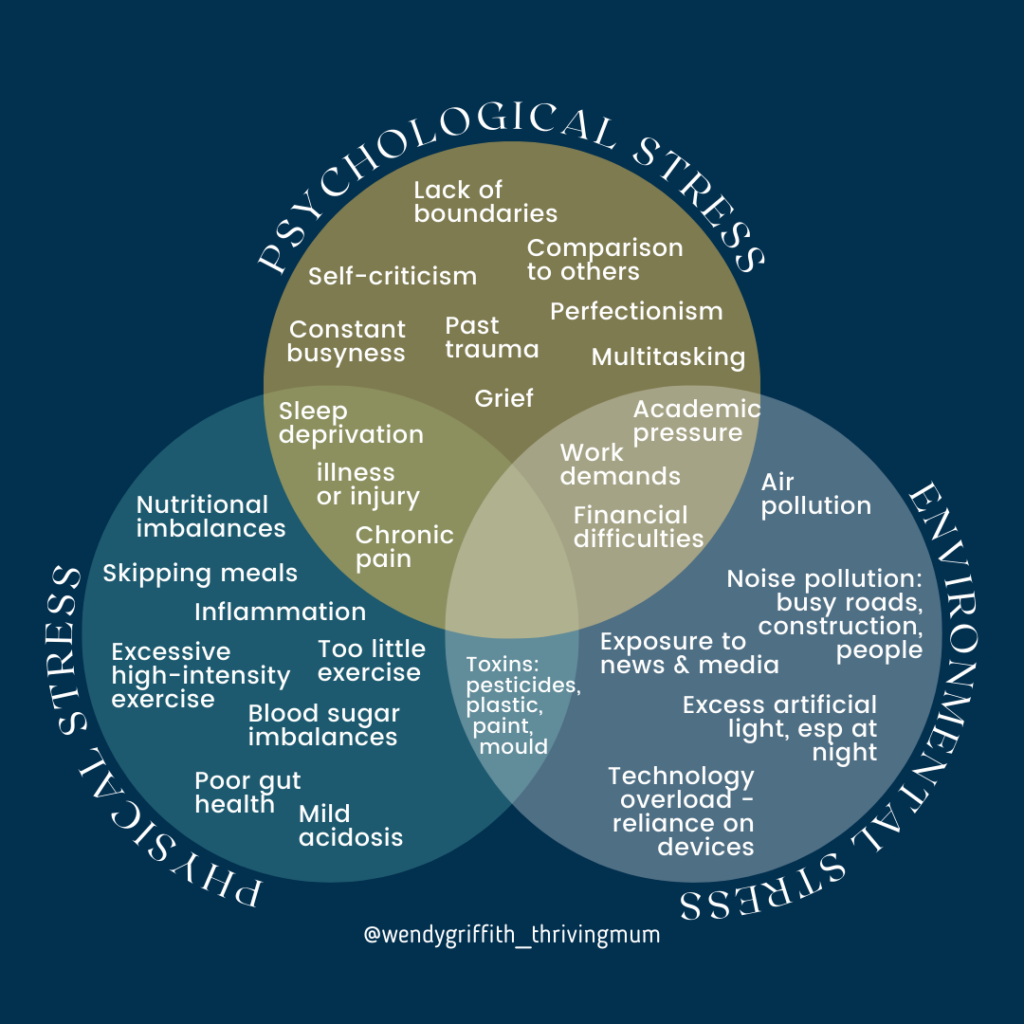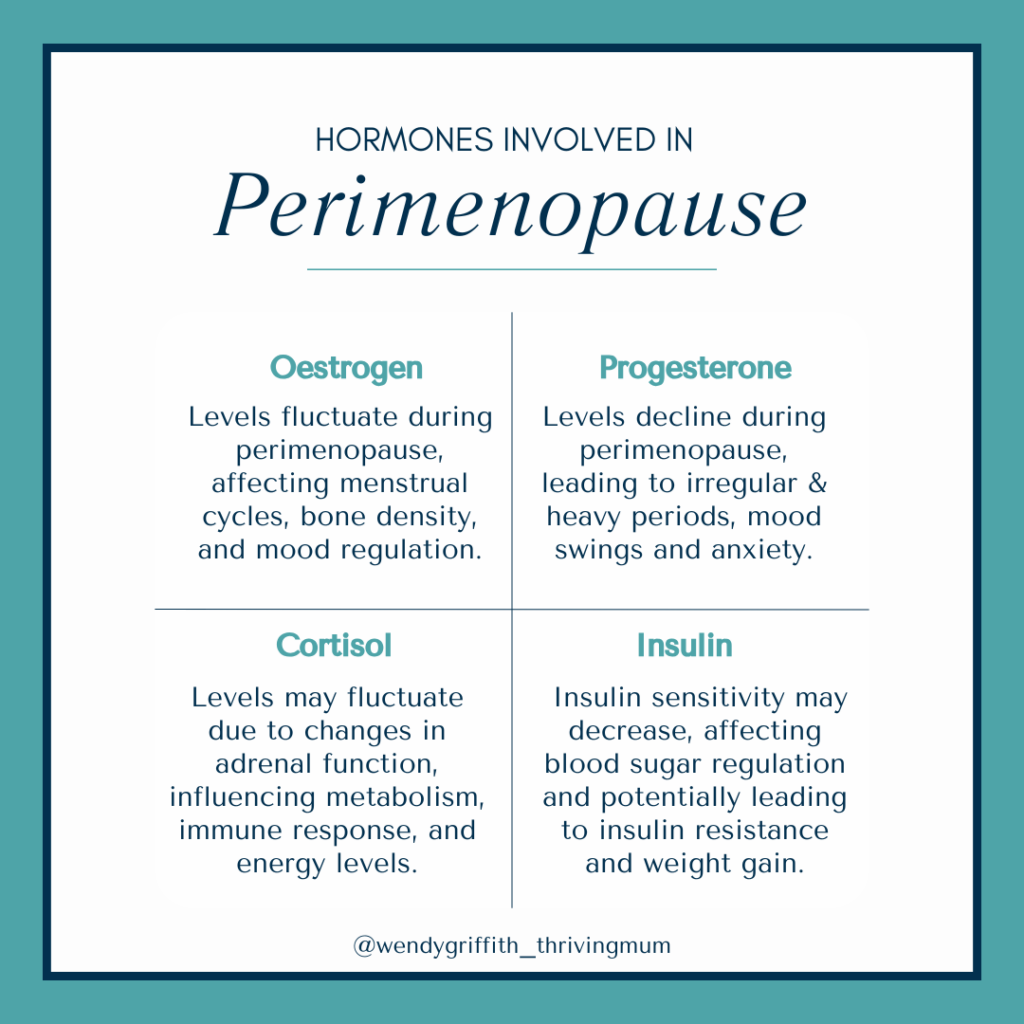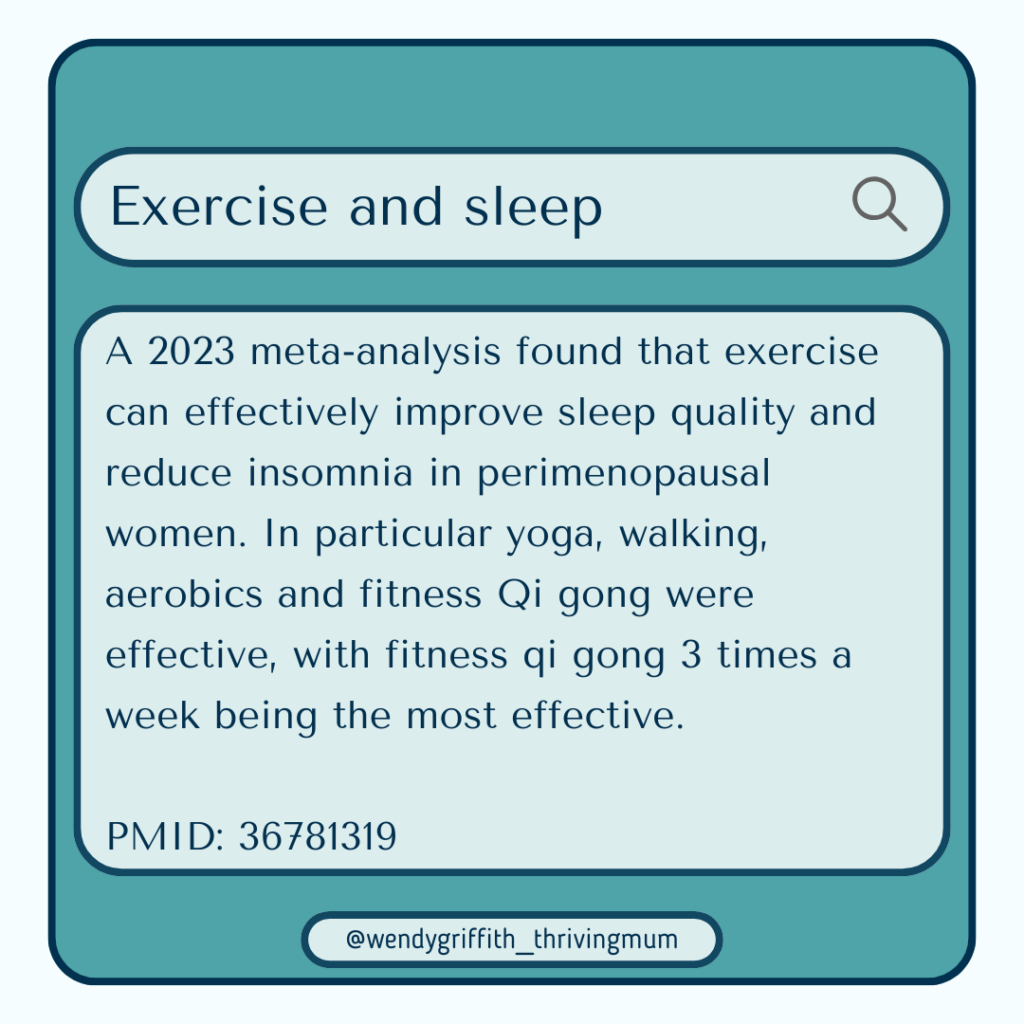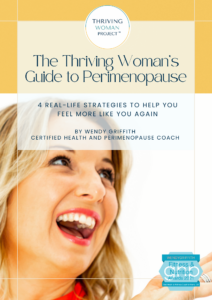Perimenopause isn’t a problem to fix. It’s a new season where your body needs a new kind of care.
You’ve probably heard about oestrogen and progesterone … but when it comes to perimenopause and stress, don’t forget cortisol – your body’s main stress hormone.
When cortisol is constantly high (thanks to life pressure, mental load and poor sleep, perimenopause and stress become a vicious cycle), your nervous system stays in fight-or-flight mode. Your body starts prioritising survival over everything else – including hormone balance.
That means:
- Your sleep suffers
- Blood sugar becomes unstable
- Progesterone production drops
- And energy? Forget about it.
➡️ That’s how we end up feeling wired but tired, irritable, and constantly running on empty.

How I Changed My Training in Perimenopause
What I learned when the workouts I loved stopped loving me back.
By the time I turned 40, I was no stranger to a good sweat. I loved a tough workout — the kind that left you red-faced and buzzing. But somewhere between feeling wired all the time and waking up tired, I realised that what used to work… just didn’t anymore.
I wasn’t getting stronger. I was exhausted. And I started to resent the workouts I used to love.
Sound familiar?
Perimenopause changed everything — not overnight, but slowly, subtly, and then all at once.
Why You Might Need to Train Differently Now
As our hormones fluctuate in perimenopause (particularly oestrogen, progesterone and testosterone), our body’s stress response shifts too. Exercise is a physical stressor — and while that can be a good thing, the key is recovery.

What I didn’t realise at first was that my usual HIIT and fasted cardio were just tipping me over the edge The combo of perimenopause and stress had my body in survival mode. Add in midlife stress, busy-mum-life, and interrupted sleep… and it was a recipe for burnout, not balance.
That’s when I began to shift. I started listening to my body and it changed everything for me.
Training Around Your Menstrual Cycle
Even during perimenopause – when cycles may become irregular – you can still notice patterns in your energy.
Here’s what worked for me:
- Follicular phase (right after your period): Energy tends to be higher. Great time for strength training or higher intensity workouts.
- Ovulation: You might feel your strongest here – great for lifting heavier or doing more dynamic workouts.
- Luteal phase (before your period): More tired or sluggish? This is when I lean into Pilates, walking and gentle strength – and prioritise rest.
- Menstrual phase: Rest, stretch, slow walks. This is your body’s reset.
👉 This approach isn’t about perfection … it’s about paying attention to your body’s changing needs.
What Movement Looks Like for Me Now
Instead of pushing through, I now focus on movement that supports both my body and nervous system – a key shift when training through perimenopause and stress.
- Pilates and yoga (huge for core strength and calming my nervous system)
- Weight training 2–3x a week (muscle = metabolism = hormone support)
- Walking daily (nature = mood magic)
- And paddle boarding or a walk on the beach/in the woods when I can (fun + fresh air + nature sunshine = triple win!)
I’m not saying never work hard again. I’m saying: train smarter. Move with your cycle, not against it. Honour where your body is now – and it’ll love you back for it.
Don’t Forget Recovery + Support
Recovery isn’t just about rest days – it’s also about what you fuel your body with.
After a workout, your muscles need protein to repair and rebuild. This is especially important during perimenopause when we can naturally lose muscle mass.
For more on how nutrition and supplementation play a role in recovery and energy, check out my blog on Food, Nutrients + Supplements in Perimenopause – where I explain how to support your workouts and your hormones with what’s on your plate.
The Missing Piece: Sleep
The irony? You need sleep to balance hormones…
But when your hormones are out of whack, sleep is the first thing to go.
Lower oestrogen and progesterone = lighter, more restless sleep.
Add in hot flushes, anxiety and a racing brain from perimenopause and stress, and you’re wide awake at 3am, Googling “perimenopause symptoms”… again.

💤 Learn more in my blog: How Your Hormones Affect Sleep in Perimenopause
Here’s what helps me and many of the women I coach:
✔️ Magnesium glycinate in the evening
✔️ A proper wind-down routine (no doom scrolling)
✔️ Warm showers/baths, calming music or breath work
✔️ Getting to bed before the second wind kicks in
You’re Not Broken – Your Body Just Needs Something New
Where to start focusing:
Stress support that calms your nervous system
Movement that supports your hormones, not spikes them
Sleep that feels sacred, not optional
You don’t need to do it perfectly. Just consistently, with love and grace.
Need personalised support?
If you’re tired of feeling confused and want a tailored plan that works for your life – not another one-size-fits-all fix – my Perimenopause Power Session is here to help.
💬 “I came to Wendy completely fed up. I’d tried everything and nothing helped. After one session, I finally understood what was going on – and had a plan that made sense. It’s changed everything.” – Angela, 41
Because you don’t have to figure this all out on your own. Let’s get you feeling like you again.
Further free resources to support you:
Feeling off, anxious or just not yourself? It could be perimenopause.
Download The Thriving Woman’s Guide to Perimenopause – your simple, no-nonsense guide to what’s really going on in your body.

About Wendy Griffith
Wendy is a Certified Menopause Practitioner, accredited Health & Wellness Coach, and marketing mentor for women who want to thrive in life, health and biz – not just survive it.
After a successful corporate career and 14+ years of running her own businesses, Wendy now blends expert knowledge with lived experience to help women navigate midlife with more energy, clarity and confidence.
Through her Thriving Woman Project, she offers real-life wellness tools, hormone education and habit-building strategies that work in busy, messy, everyday life. No fluff. No overwhelm. Just grounded support that meets you where you are.
She’s passionate about helping women feel well, grow a biz they love, and live a life they don’t need a holiday from. Her mantra? The best gift you can give your family and the world is a healthy and thriving you.
Disclaimer
This blog is intended as a general educational guide and does not replace individual medical or professional advice. Please consult your GP or qualified healthcare provider before making any changes to your health routine.